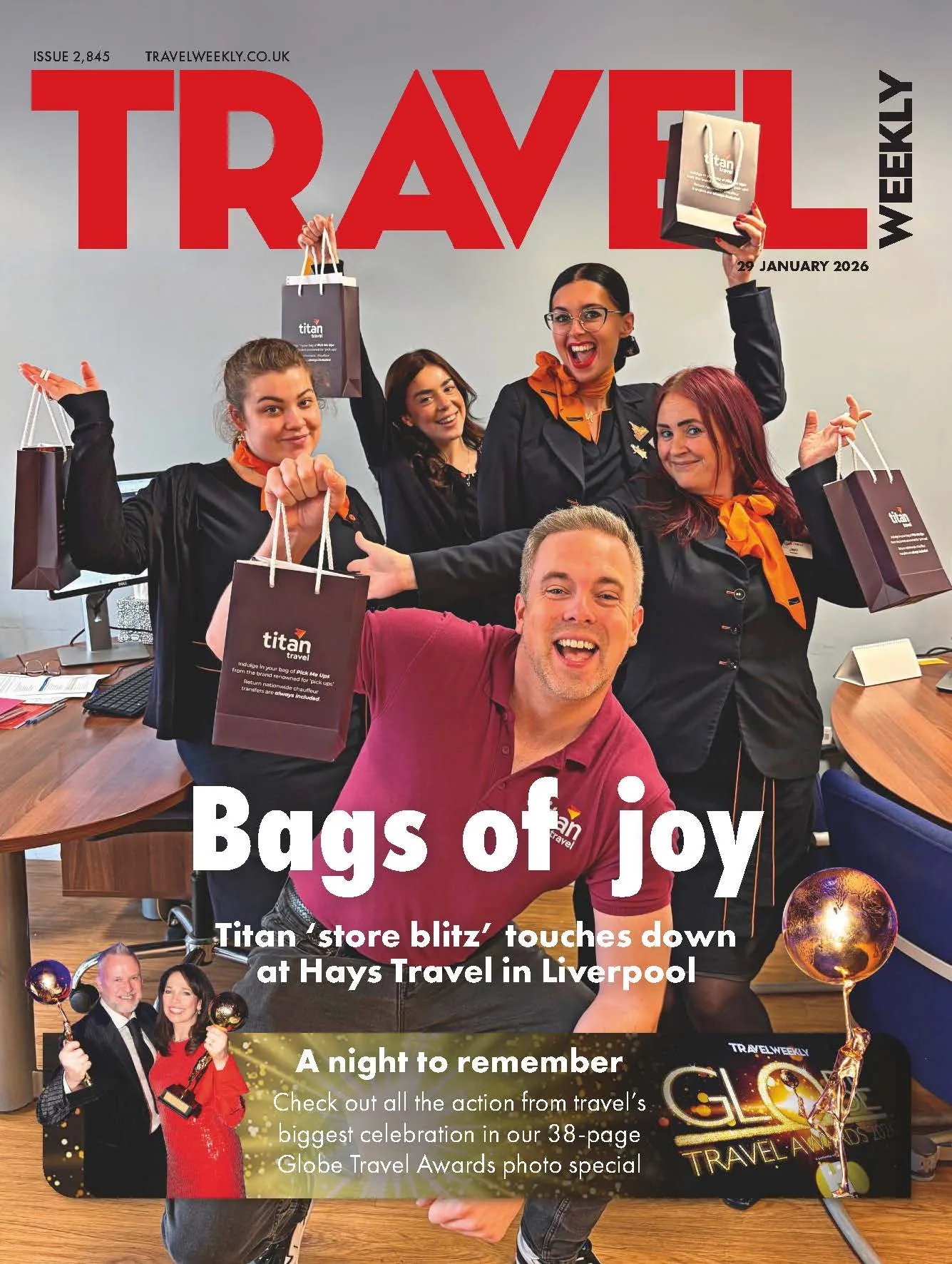You are viewing 1 of your 2 free articles
Tui hails new chatbots as ‘the next level of search’
Operator tips likes of ChatGPT to have ‘long-term effect’
Ian Taylor speaks to the operator’s chief information officer Pieter Jordaan
The launch of OpenAI chatbot ChatGPT last November was hailed as a breakthrough in generative artificial intelligence (AI), sparking excitement across the economy but also concern.
It was the ChatGPT-3.5 version that triggered the furore – a ‘large language model’ (LLM) chatbot trained on huge datasets to recognise and generate content and made openly available. A later version launched in March, ChatGPT-4, is available on subscription.
The Tui Group was among the businesses wasting no time in developing trials of the technology. Tui chief information officer Pieter Jordaan explained: “ChatGPT-3.5 was a breakthrough because it didn’t need to be retrained all the time. Human language is now the barrier to entry to using computers.”
He argued: “Having language as the interface with computers is massive. It will have long-term effects on society.” In travel, he forecast disruption in at least two areas. “First, customer behaviour. Second, in relation to efficiency and complex systems.”
Jordaan explained: “Customers using standard search start with ‘What do I want to do’ and where. [ChatGPT] will allow a search within strict parameters – ‘I want a holiday with my mother?in-law, who doesn’t like the beach, but I want to be close to the beach with a kids’ club’. That is complex for search but simple for a large language model. It will change how people curate holidays.”
He noted: “Search solved a big problem on the internet – that there is a lot of trash. You search now what is available. In future, you’ll search what is important to you. This is the next level of search.”
Considering the likely impact on business, he highlighted “efficiency across non-value-add tasks such as translating text and curating descriptions”, suggesting: “Tasks that take a lot of human effort can be optimised.”
Jordaan said: “A big area for Tui will be optimisation of our complex models for pricing, planning and contracting.” For example, in hotel purchasing, he explained it can be hard to understand the impact on price, volume and guest experience of a change to a hotel’s terms and conditions, and said: “LLMs are good at understanding this. We’re excited about data models emerging we can use.”
He insisted: “This is a very different universe for the internet. Everyone will be forced into [using] this. The exponential development in these models is exciting. If you don’t implement AI, you will fall behind.”
Jordaan also suggested: “ChatGPT-4 was a surprise for its ability to reason, its intelligence, its competence.”
Claims for the technology’s ‘intelligence’ are disputed, but Jordan argued: “You can have a very broad description of reasoning. It was trained on coding and coding is inherently reasoning, broken up into small steps.”
He acknowledged: “There is hype, of course. But this is a real big breakthrough.”


















